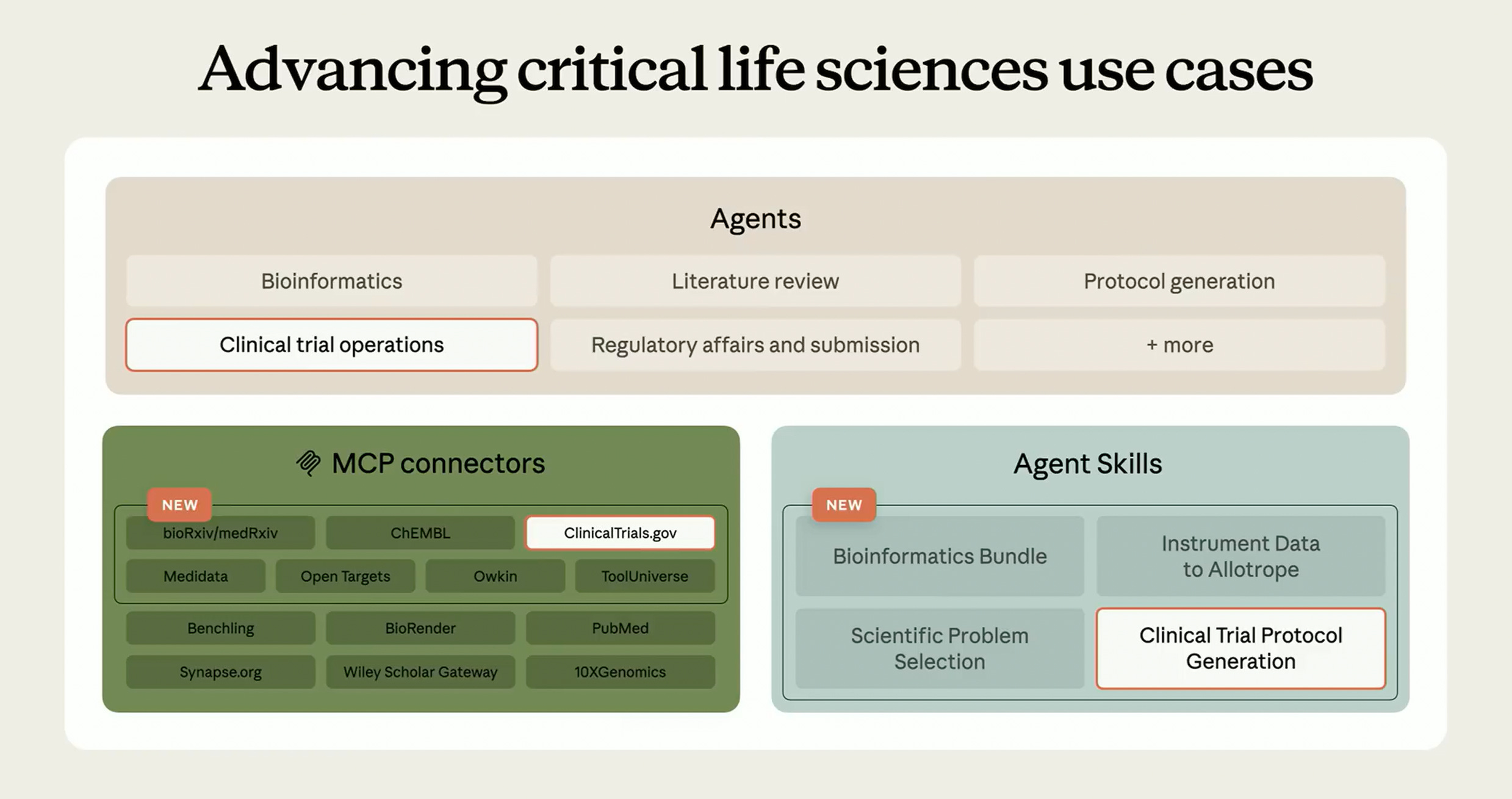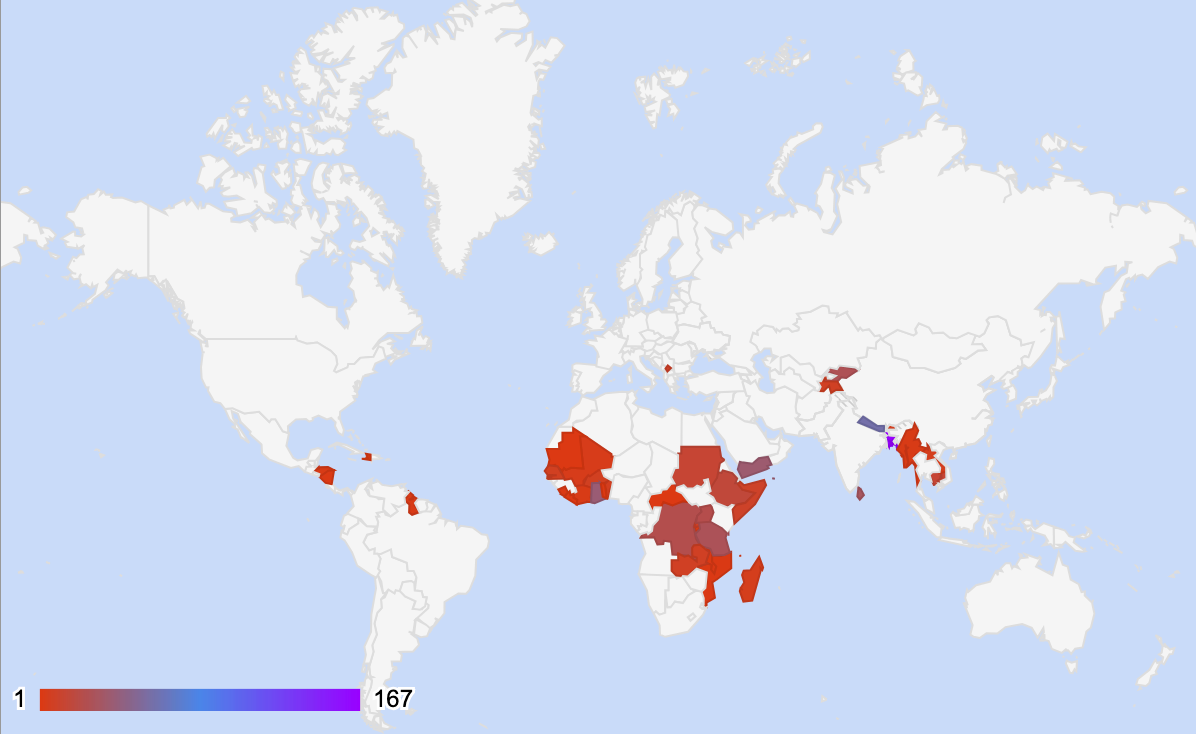With the beginning of a new year we like looking back at our achievements in the previous year. I do that as well and I am more than proud to report that we were able to teach more than 1000 people last year through the Digital Research Academy.
Messages de Rogue Scholar

Today’s tech anomaly was odd. I’m working on a new WordPress theme and obviously WordPress has to load its assets like the CSS file and the JavaScript file. I just added some new code to the home page template and suddenly my CSS was not loading. In fact it was pointing to the next theme in the list, Blockbase, and loading its CSS. Nothing I could do with caching resolved this in the slightest.

Article in today’s Guardian From interviews that were published last week by the Financial Times and The Guardian, I get the sense that the new President of the Royal Society, Professor Sir Paul Nurse, is almost as sick of the Musk affair as I am. He may well be regretting consenting to these interviews because they have re-ignited the debate about the Royal Society’s handling of concerns raised within and without about actions by Musk that are

This week OpenAI and Anthropic launched their health/bio updates. While both companies are leaning into consumer-facing health concierges, Claude now has better tooling for life science researchers.

Supply and demand after global catastrophes

In unserer neuen Blogreihe „Retrodigitalisierung – vom Papier zum Pixel“ zeigen wir, wie die TIB durch die Digitalisierung ihrer analogen Bestände wissenschaftliche Schätze sichert und weltweit zugänglich macht. Dabei geben wir auch Einblicke in die technischen und rechtlichen Prozesse moderner Retrodigitalisierung.

TLDR/Summary Early COVID-19 analyses suggested countries with higher Global Health Security (GHS) Index scores had worse mortality, contradicting pre-pandemic validation. Our new research with improved methodology resolves this paradox.

As Crossref membership continues to grow, finding ways to help organisations participate is an important part of our mission. Although Crossref membership is open to all organisations that produce scholarly and professional materials, cost and technical challenges can be barriers to joining for many.

We’ve seen a lot of raptors with their heads turned 180 degrees recently. Jerry Harris dropped me a line to remind me that flamingos are also perverts when it comes to neck posture.
Anmerkung zu dieser Rubrik: Das Open Research Office Berlin erstellt monatlich eine Übersicht über Termine und Veranstaltungen zu Open Access und Open Research in Berlin bzw. an Berliner Einrichtungen. Der Fokus liegt dabei auf unseren Partnereinrichtungen und auf Veranstaltungen, die sich an die Öffentlichkeit richten bzw.
Elizabeth Gadd, Reingis Hauck, and Giovanna Lima This post by Elizabeth Gadd, Reingis Hauck, and Giovanna Lima examines whether societal impact can be assessed responsibly amid growing global efforts to reform research evaluation beyond publication-based metrics.